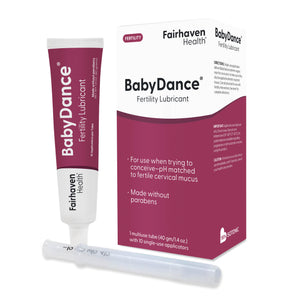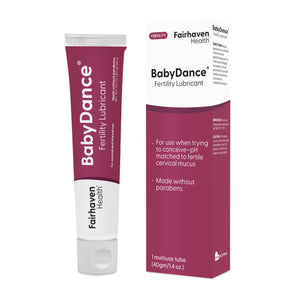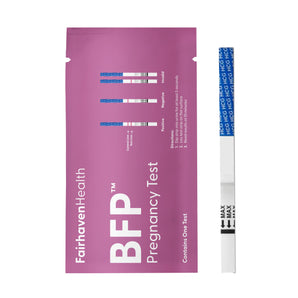Fertility Supplements
We are proud to be a leading provider of over-the-counter dietary supplements for reproductive health and fertility. Need help deciding which product is right for you? We’re happy to help: call, email, or chat.
*This statement has not been evaluated by the Food and Drug Administration. This product is not intended to diagnose, treat, cure, or prevent any disease.


